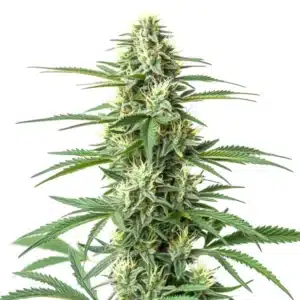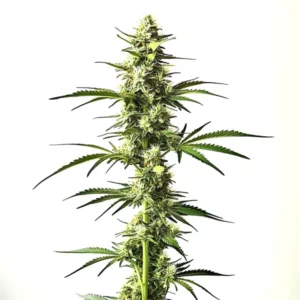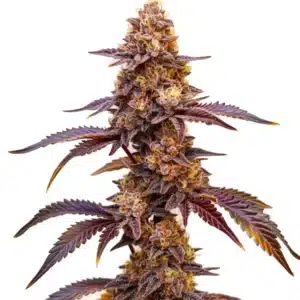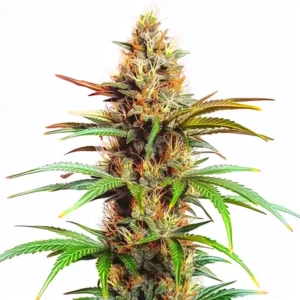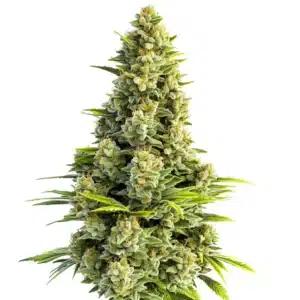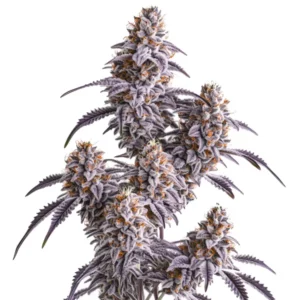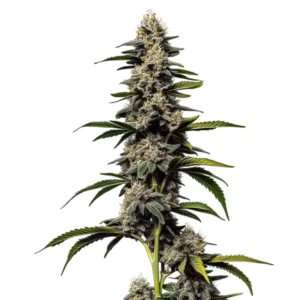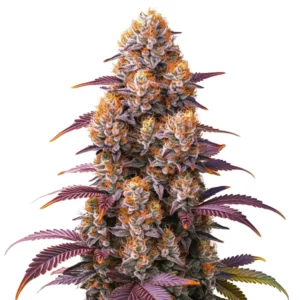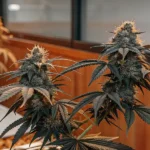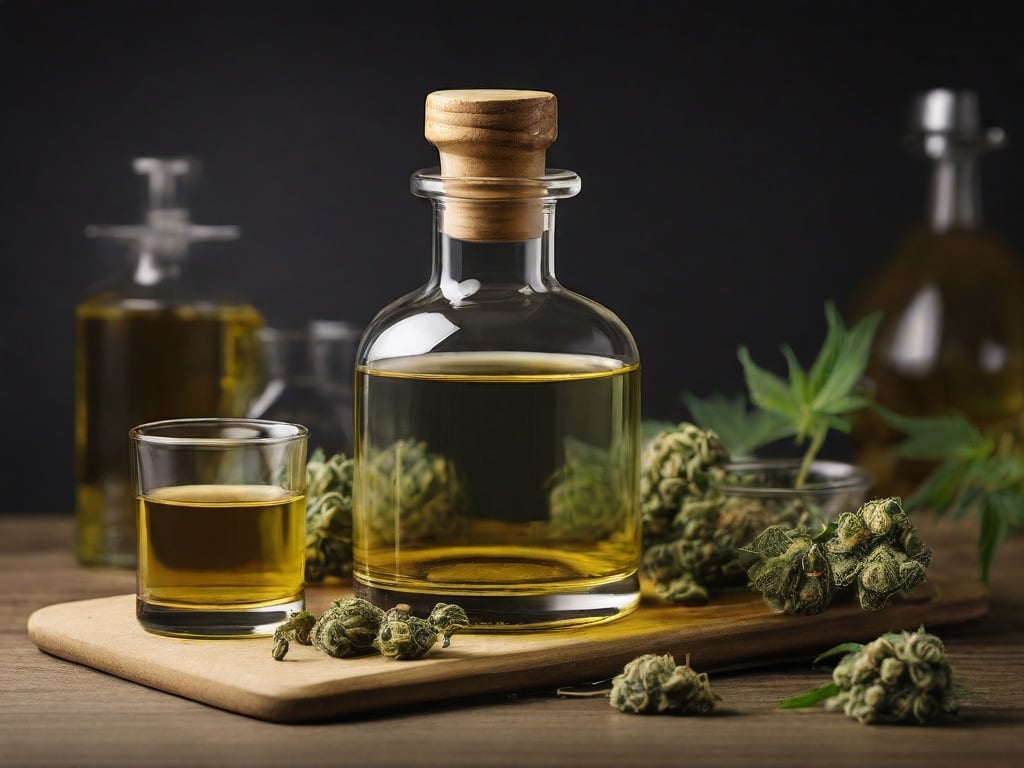
The Essence of Cannabis Distillate: Its Meaning and Why It Matters
This is one of the most refined forms of cannabis concentrate, prized for its exceptional purity and high cannabinoid content, typically ranging from 90% to 99% THC or CBD. It’s made through a distillation process that separates and purifies the desired cannabinoids by stripping away other plant materials like terpenes, lipids, and waxes. The final product is a clear, nearly flavorless, and odorless oil, ideal for versatile use.
The cannabis industry has experienced a significant transformation in recent years, evolving from a niche market to a major global phenomenon. Central to this revolution is a product known as cannabis distillate, a highly refined form of cannabis that has garnered attention from both medical professionals and recreational users. This shift signifies a change in consumption patterns and product development within the industry.
Recommended Strains
CBD Critical Mass (1:1)
-
CBD: 5%
-
THC: 5%
-
Type of seed: CBD Feminized
-
Phenotype: 40% Sativa / 60% Indica
-
Flavor: Citrus, Fruity, Woody
-
Day to flower: 8 - 10 weeks
CBD Critical Mass Auto
-
THC: 5%
-
Type of seed: Autoflowering
-
Phenotype: 20% Sativa / 80% Indica
-
Flavor: Earthy, Fruity, Woody
-
Life cycle of: 8 - 10 weeks
Grasping cannabis distillate and understanding its connection to the broader cannabis essence is key to appreciating the depth and diversity of the current cannabis market, highlighting the industry’s ongoing evolution and its broad appeal to a wide range of consumers. The rapid growth in the popularity of cannabis distillate also reflects the changing legal landscape and societal attitudes towards cannabis. As more regions legalize cannabis for medical and recreational use, products like distillates are becoming more accessible and mainstream, offering consumers a more refined and potent option than traditional forms of cannabis.
Cannabis Distillate
Cannabis distillate, renowned for its purity and potency, is a clear oil that lacks waxes or unwanted compounds from the raw plant. Its defining characteristic is the refinement process, which isolates desired cannabinoids like THC (tetrahydrocannabinol) or CBD (cannabidiol), resulting in a nearly 100% pure cannabinoid product. Distillate is distinct from other cannabis forms like flower, hash, or edibles, which maintain the plant’s natural components. This concentration on specific cannabinoids allows for precise control over effects, making it popular for targeted outcomes like pain relief or relaxation.
Additionally, the absence of other cannabis components in distillates, like terpenes and flavonoids, provides an option for users who may have sensitivities or preferences against the plant’s natural flavors and aromas. This aspect broadens its appeal, allowing it to cater to a more diverse group of consumers who value purity over the traditional sensory experience associated with cannabis.
Promos & Deals
The Process of Making Cannabis Distillate
Creating cannabis distillate involves a detailed and scientific process, utilizing advanced technology for high purity. It starts with extracting crude oil from the plant using methods like CO2 or ethanol extraction. This oil contains all the plant’s natural compounds. Next is winterization, mixing the extract with alcohol and cooling it to separate desired cannabinoids from waxes and fats. Afterward, the mixture is filtered and distilled.
Distillation involves heating the extract and collecting vaporized compounds based on different boiling points, resulting in a potent and pure cannabis distillate. The sophistication of this process not only enhances the quality of the final product but also reflects the increasing scientific approach within the cannabis industry. The technology and methods used in creating distillates are constantly evolving, with ongoing research and development aimed at improving efficiency and purity.
The Purity and Potency of Cannabis Distillate
Cannabis distillate stands out for its exceptional purity and potency, usually containing 90-99% THC or CBD. Its high concentration means even a small amount can have significant effects, appealing to both medicinal and recreational users. For medical users, it ensures effective symptom relief, while recreational users enjoy the intense, rapid effects. Its purity also means it’s free from residual solvents, pesticides, or contaminants, crucial for medical patients with health concerns.
The high concentration of cannabinoids in distillates also opens up new possibilities for medical research and treatment. Researchers can utilize these pure compounds to better understand the effects of specific cannabinoids and develop targeted therapies for various conditions. Furthermore, the absence of other compounds reduces the risk of unintended side effects, making distillates a safer option for patients with complex medical needs.

The Versatility of Cannabis Distillate
Cannabis distillate’s versatility also contributes to its popularity. Its odorless, flavorless nature makes it ideal for various products like vape cartridges, edibles, tinctures, and topicals. This versatility appeals to consumers with different preferences and fosters innovative product development in the cannabis industry. In edibles, for instance, distillate can be easily integrated without altering the taste or texture of the product. For topical applications, its purity means it can be used without the risk of skin irritation that may be caused by other compounds found in the plant.
Additionally, the neutral characteristics of distillate make it an ideal candidate for blending with other ingredients, allowing manufacturers to create a wide array of customized products. From wellness products to recreational formulations, the potential uses of cannabis distillate are virtually limitless, making it a key driver in the expansion of the cannabis market.
Quality Control in Cannabis Distillate Production
Given its high potency, cannabis distillate production requires strict quality control to ensure safety and effectiveness. This includes regular testing for potency, residual solvents, and contaminants. Quality control is vital for consumer trust, especially in an industry overcoming stigma and misinformation. In addition, the process of creating distillate demands expertise and precision.
Producers must be well-versed in the intricacies of extraction and distillation techniques to produce a consistent and high-quality product. This level of skill and knowledge is critical in an industry where the slightest variation in process can significantly alter the product’s composition and effects. The high standards of production also serve to elevate the overall quality of cannabis products in the market, ensuring that consumers receive reliable and effective products.

Comparing with Traditional Cannabis Products
Cannabis distillate offers a unique experience compared to traditional products like dried flower or basic extracts, primarily in potency. While traditional products have lower THC or CBD levels, distillates provide a more concentrated form. However, distillates require cautious dosing, especially for new users. Also, the production process removes terpenes, though some manufacturers reintroduce them. The choice between distillate and traditional forms often depends on personal preference and desired effects.
Distillates represent a new frontier in cannabis consumption, offering a level of purity and potency that was previously unattainable. This advancement is not just a testament to the industry’s technological progress but also a response to the evolving demands of consumers who seek more effective and customizable cannabis experiences. As the market continues to evolve, distillates are expected to gain importance, shaping future trends in cannabis consumption and product development.
Cannabis distillate is a key product in the evolving cannabis industry, offering high purity and potency and paving the way for innovative products. Its characteristics are key to shaping the future of the industry, where cannabis is not only accepted but also tailored to meet various consumer needs and preferences. The emergence of cannabis distillate marks a significant milestone in the industry, signifying a move towards more sophisticated and specialized products. As the cannabis market matures, distillates will play an increasingly important role in meeting the varied demands of consumers, reinforcing the industry’s commitment to quality, innovation, and consumer satisfaction.

